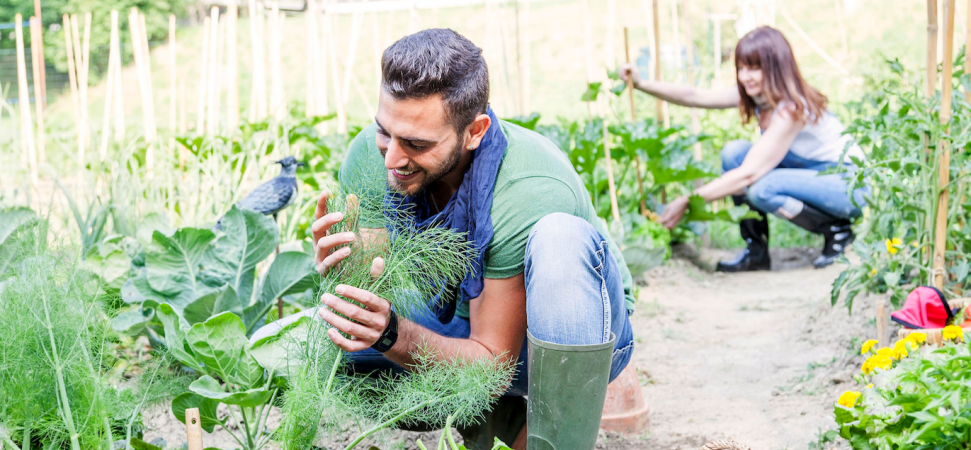
Here Comes the Sun: Mental Health Benefits of Spring
-
Vitamin D, time outside, longer days: Dennis Relojo explores the many mental health benefits of spring
-
Changing seasons don't always bring the relief we hope for – if this applies to you, we have therapists available to support you here
Spring in the Northern Hemisphere began yesterday, 20th March 2022. Hence, we're on our way to sunnier times ahead (hopefully!)
I’m sure you are familiar with the feeling when the cold wind blows past your face, through your skin and penetrates into your bones, where it replaces the marrow with a wintry mix of snow and ice. We can now look forward to the very opposite of that!
The sunny weather is finally here, and thanks to the sun’s comforting rays, most of us are now likely to be in much better moods. Spring euphoria is not simply imaginary — it has in fact a host of scientific underpinnings.
Spring makes us feel energised
According to Peter Walschburger, Professor Emeritus of Biopsychology at the Freie Universität Berlin, “Human beings are programmed to rest when it’s dark, and to be active and in high spirits when it’s light”. He further explains that humans “react massively to light”. That is why conscious experience and human behaviour change radically on fine spring days.
Now that it’s getting warmer, the layers of clothing start to come off, and we can start doing outdoor activities once again. Indeed, the feeling of warm sun on our skin makes us feel generally upbeat. So we can rely on spring to make us feel energised, without having to rely too much on caffeine.
It's the season to bask in Vitamin D
While there may be different factors involved, Vitamin D deficiency is a very real thing. Its symptoms include, among others, aching bones, brain fog and dark moods. But now that the sun is staying up past four in the afternoon and it will soon be warm enough to show some skin outdoors, we’ll be getting a welcome extra dose of Vitamin D.
More time for socialising
Spending time with our family and friends is ultra-healthy (both socially and mentally), but it’s a bit of a hassle to pull on a coat, a scarf, gloves, and a pair of boots before going out, so you’re more likely to be tempted to just stay in during the winter. And of course one consequence of less socialising is that we engage in fewer physical activities in general: no more quick lunchtime walks, or after dinner strolls. Thankfully, spring gives us more daylight and warmth to encourage us to be on the go.
More time for flowers, plants and the soil
This is the time when flowers start to blossom and we have more time to spend with our plants in the garden. Researchers have found that smelling roses or even pulling up weeds can decrease blood pressure, increase brain activity and produce a sense of wellbeing. They have also observed that allotment gardening can play a key role in promoting mental wellbeing and could even be used as a preventive health measure.
Boost for mental health
Seasonal changes, especially the "winter blues", may be a worry for some because they can trigger changes not only in mood, but also in energy levels, sleeping, eating, and social and sexual behaviour.
But as soon as we get a prolonged access to daylight, fresh air outdoors and time with family and friends, we feel the benefits. So take time out to admire the greenery and colours around you and experience the instant relaxation of your stressed mind. It’s the season to feel fabulous and healthy. Spring into good health as you enjoy the season with festivities, fun and frolics.
And as Jackie Holder elegantly puts it, “spring is the season of hope where we see the early signs of the labour of the winter months come to life. What a good time to notice the parallels in our own lives. Whether our New Year hopes and plans have failed or stalled, spring reminds us that there's still time to start over again". Now that it’s clear that spring is such an awesome season, come out and enjoy the sun (while it lasts)!
Further reading
The transformative power of spring
6 ways wild swimming can boost your mental health
What is walk and talk therapy?
In praise of city parks










